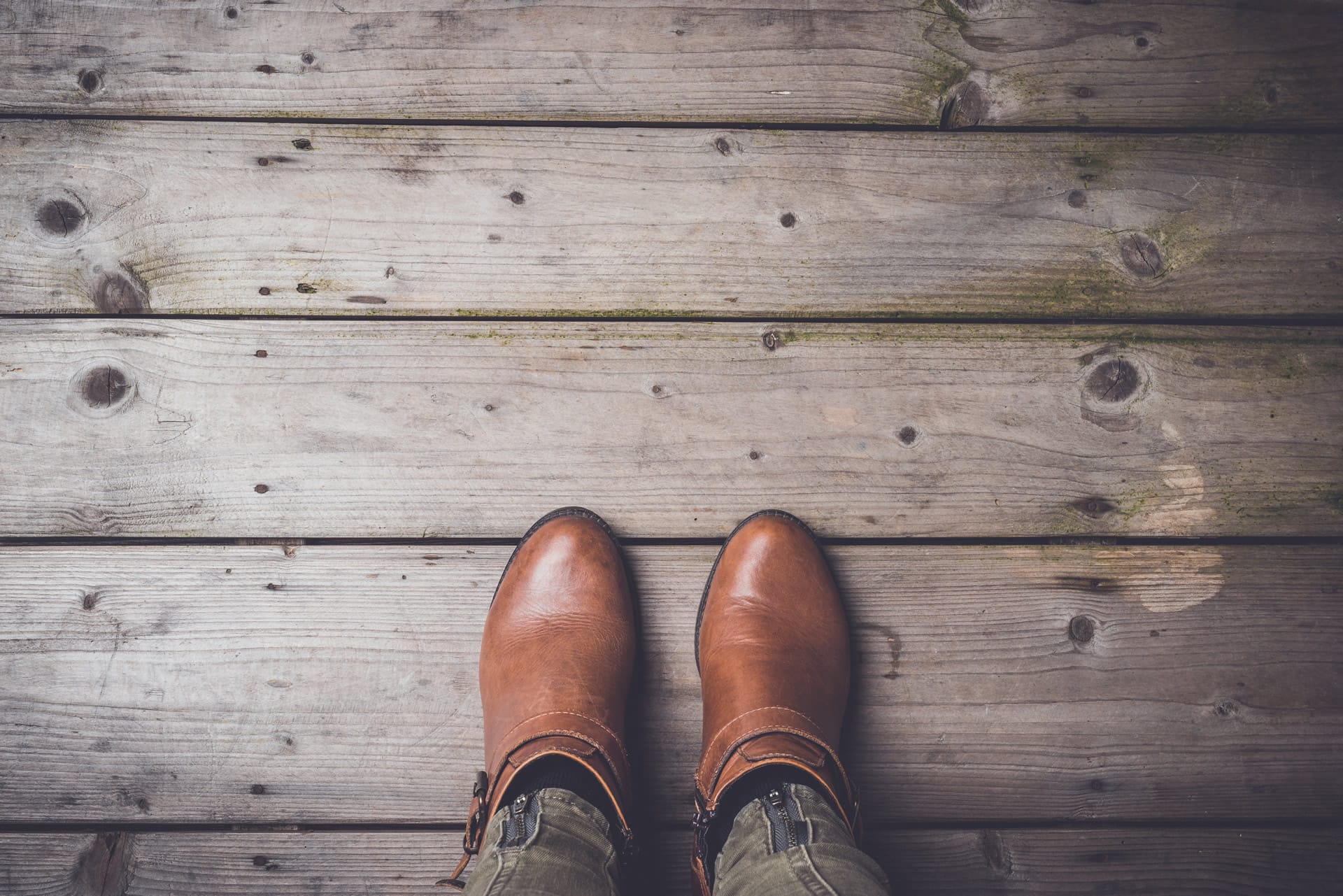Judgement
Or, eyes like daggers and a pair of brown boots.

I was standing outside a café with my dog – one of the feisty chihuahuas that I think I might have told you about. I was holding her over my shoulder (she’s really small) and people inside the café were cooing and aahing – oh, what a cute pup!
Then my friend approached from behind, reaching out for a pat. Said chihuahua went ballistic. Nipped my friend on the thumb (ouch). The oohing and aahing quickly turned into a completely different tone: shock, horror, all of that.
And there was one woman inside the café who just stared and stared at me, eyes like daggers. Bitch.
Now, usually, I’d go to pieces in a situation like this. The judgement inherent in that kind of look would have me on my knees. I’m sorry, I’d think, I’m sorry I’m not living up to what you expect of me. Yep, I’d give up my power like that, even to a stranger in a café.
This time, though, I stood my ground. I stared back. I stared and stared and she held my gaze for the longest time.
Meanwhile, my friend had a sore thumb and I had a distressed chihuahua to deal with, so I had to turn away.
In this situation, I was in the wrong. It’s not ok to have a naughty little dog cracking it at people on the street. It’s disappointing because I’m working so hard to train and socialise her. But I’ll own my part in this: my bad.
Afterwards, the incident got me thinking about the way we judge each other, the way people think it’s ok to stare or maybe even comment out loud when someone around them struggles, messes up or perhaps downright fails. As if we’re not all doing our very best to survive in this world, to be civil, to get along. The judgement is a form of rudeness. It’s a bit like a twisted game of ‘pass the punishment’, where you judge me and I’ll judge you and then, if you’re anything like me, you’ll internalise that, turning all the judgement in on yourself.
I’ve recently finished reading Mrs Dalloway, the extraordinary work of Virginia Woolf. There’s a passage in there that also got me thinking about judging and I wanted to share it with you:
To look at, he might have been a clerk, but of the better sort; for he wore brown boots; his hands were educated; so, too his profile – his angular, big-nosed, intelligent, sensitive profile, but not his lips altogether, for they were loose, and his eyes (as eyes tend to be), eyes merely; hazel, large; so that he was, on the whole, a border case, neither one thing nor the other, might end with a house at Purley and a motor car, or continue renting apartments in back streets all his life; one of those half-educated, self-educated men whose education is all learnt from books borrowed from public libraries, read in the evening after the day’s work, on the advice of well-known authors consulted by letter.
Talk about an ouch.
As a writer painting a picture of a man, Woolf is taking many an imaginative leap. But she’s also revealing her class, her intellectual snobbery and her comparative wealth. She’s judging him, this man she’s created. He is probably an amalgam of several if not many men that Woolf saw on the streets of London at the time when she was writing. So she’s capturing the norms of a period as well, when it was ok to say someone was lesser than you because he was a clerk who wore brown boots.
Can I forgive her for this?
Quite possibly, she’s taking a stab at her privileged peers and the class system itself, similar to the way Jane Austen does. But I’ve seen this at play in all of Woolf’s work that I’ve read and I believe it contains grains of her truth.
The thing is, all Australians live with the legacy of a class structure built on the bones of superiority. And I want to turn back and stare at it, standing in my power and saying, you know what, we’re all human here.
This week I learnt that one of the tradespeople working at my house was one of the first refugees that John Howard sent to Nauru. For my readers outside of Australia, this was a highly contentious policy that the Howard Government put in place in 2001, sending people who tried to enter Australia as refugees to third countries.
My tradie, an awesome guy whom I would like to call my friend, said to me: “We’re all human. That was politics, but we’re all just human in the end.” This man, who endured fear, loss, imprisonment and extended uncertainty, has what so many lack: compassion.
To me, everyone from Woolf to Howard to the woman staring at me and my dog, is missing this essential component in the narrative: There, but for the grace of God, go I.
So I’ll extend my compassion to Woolf. She was a product of her time, her upbringing, her class. And anyway, who am I to judge one of the most important writers in history? Perhaps what she did for art and feminism is more important than what she did for clerks.
Howard, well I guess I need to extend some compassion toward him too if I’m going to live true to my intentions. It’s harder, though, to forgive a man who actively devalued human lives, putting politics before people.
And the woman in the café? I’ll extend my compassion toward her too. I’m grateful to her. She taught me so much about myself and what I’m willing to stand up for.
This experience has taught me that, as a writer, I’d like to explore our common humanity and turn my attention to the best in us, not the worst. I want to observe, capture and preserve important moments but I’d like to do it without wielding the sharp dagger of judgement. I’d like to be strong, true, kind and fair. I believe in civility. I don’t believe in cutting each other to shreds.

